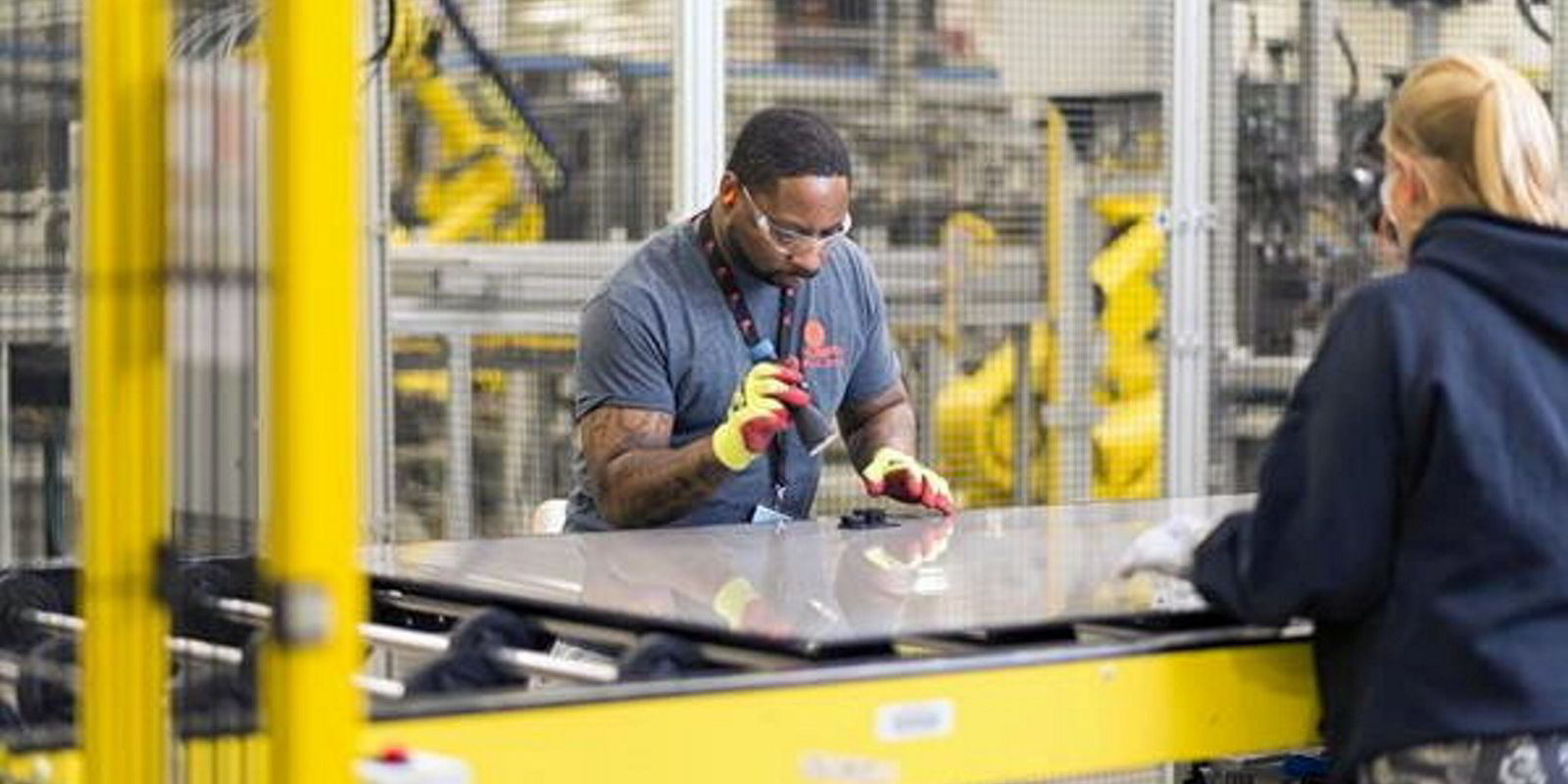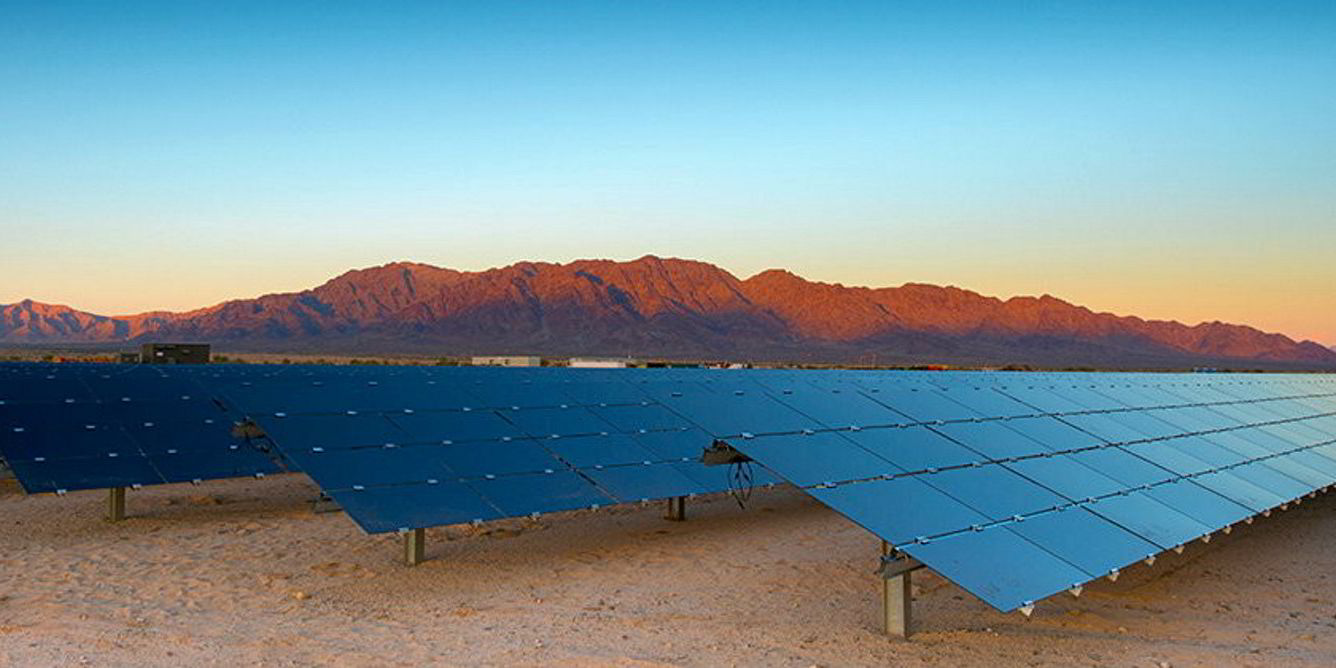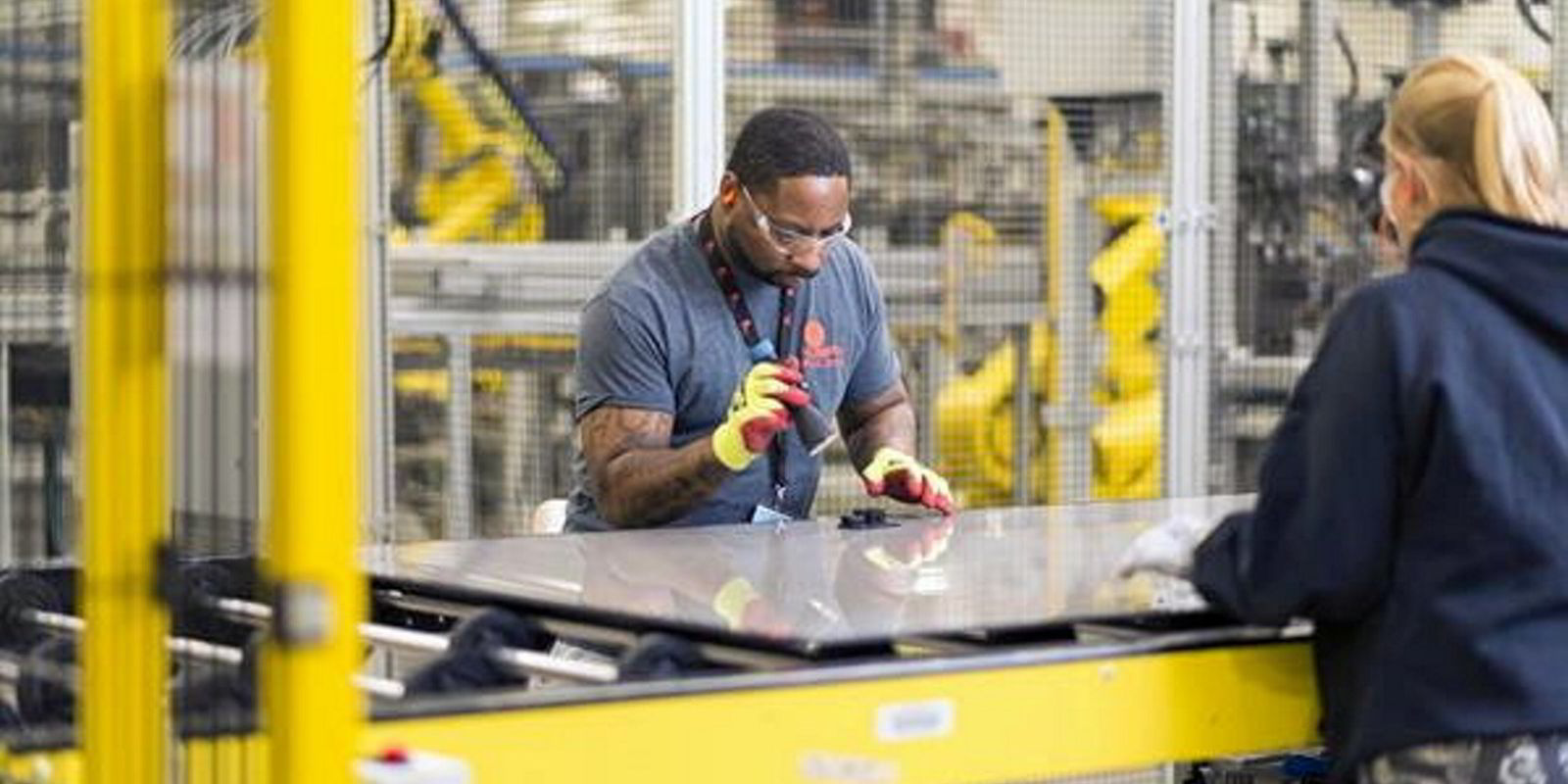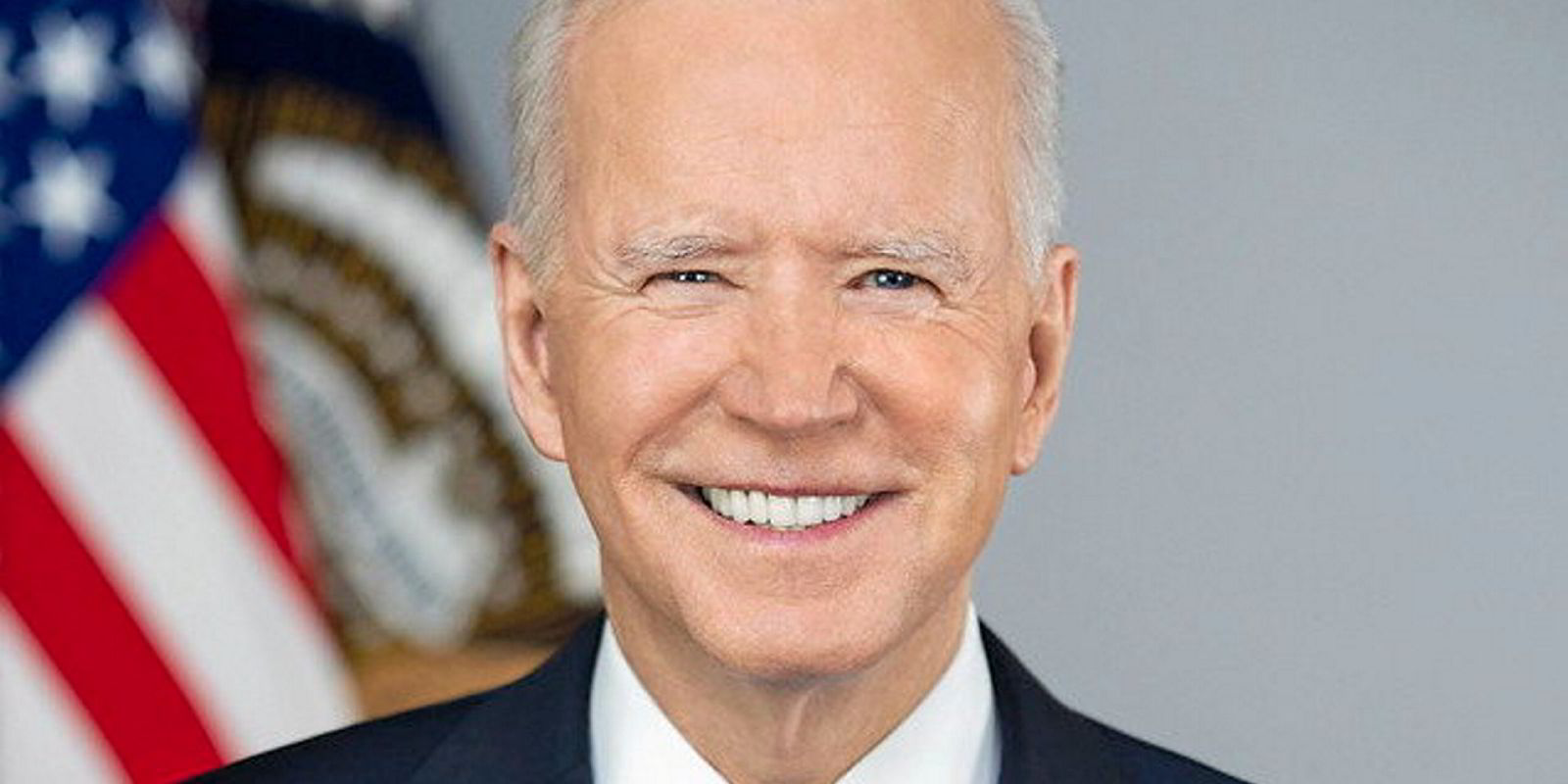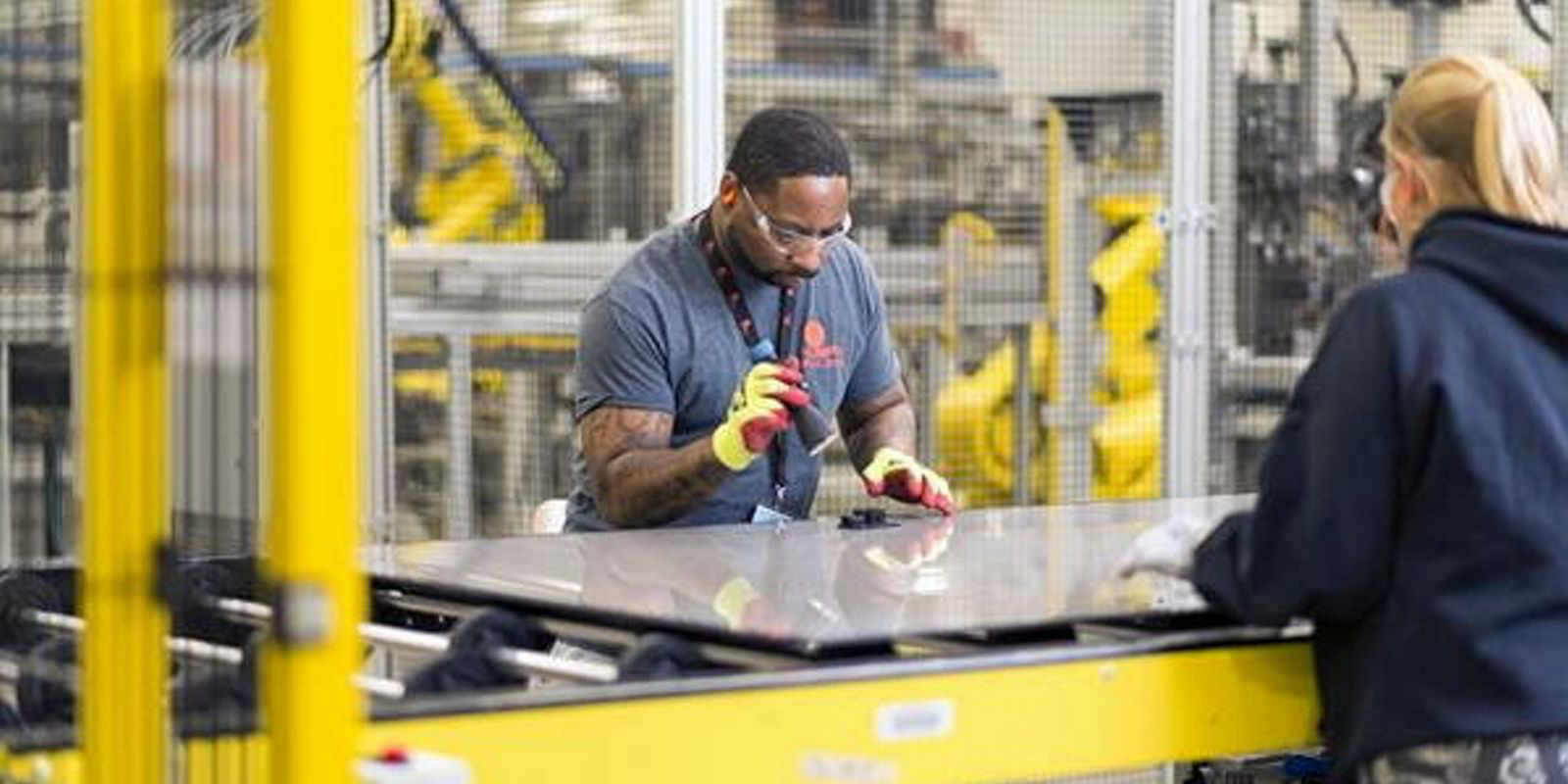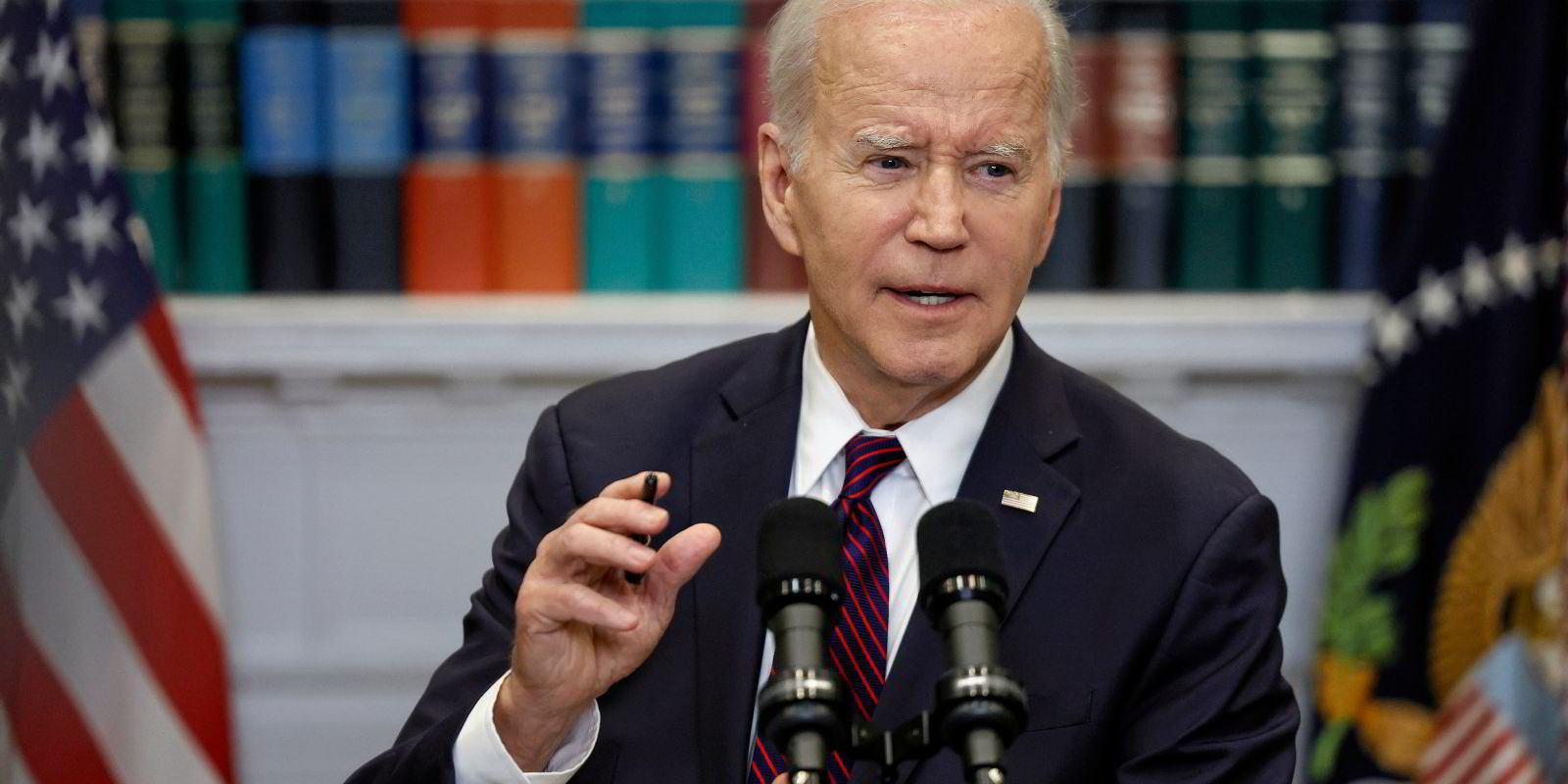The US imported a record 54GW of solar panels in 2023, an “unprecedented wave” from mostly China-based suppliers operating in Southeast Asia, raising concerns over the negative impact on the country’s efforts to build a domestic supply chain, according to S&P Global Market Intelligence.
Imports surged 82% from 2022 and almost ten-fold over the past five years. About 84% of the modules were supplied from Cambodia (11.6%), Malaysia (20%), Thailand (22.6%), and Vietnam (29.8%).
Fourth quarter imports totaling 15GW were also a record for the period, up 40% from a year earlier, and the fifth consecutive quarter US PV panel imports exceeded 10GW, S&P said in a new report.
Affiliates of Boway Group and Trina Solar, both headquartered in China, and Arizona-based thin-film PV supplier First Solar were among the largest shippers in the quarter.
The flood of imported panels, which far exceeded local production capacity and installations last year, comes as the US seeks to spur development of a domestic solar supply chain and end reliance on Chinese branded imports.
IRA fuels supply
The main vehicle for doing this is the landmark climate law which provides lucrative tax credits for both factory investments and production of individual solar components.
China-based companies are behind nearly 25% of the roughly 80GW in new module capacity announced since President Joe Biden signed the partisan Inflation Reduction Act (IRA) in August 2022, according to an analysis earlier this month by The Wall Street Journal.
It calculated they could be the beneficiaries of as much as $1.4bn annually in federal subsidies if the module plants proposed thus far are built.
Even if they ultimately receive less than that amount, federal tax breaks for Chinese manufacturers that already benefit from massive state subsidies and in some cases, like Trina, were found to be avoiding US tariffs, is creating a political headache for Biden eight months before national elections.
Some Republicans in Congress have jumped on the issue, asserting that Chinese firms benefiting from the IRA not only subverts US efforts to become solar self-sufficient, but would also represent a potential threat to the country’s energy security.
The US should protect government incentives with stronger “domestic content requirements and prohibitions on Chinese companies,” Emily de La Bruyere, co-founder of Horizon Advisory, a geopolitical consultancy, told S&P.
“Across the board, US policy needs to stop building in loopholes and exemptions for China to take advantage of and get serious about ensuring trusted, clean solar production,” she added, noting that the import numbers “suggest that despite all US rhetoric and investment, extreme dependence on Chinese PV imports continues – and continues to grow.”
Some industry representatives and other consultants say reliance on imports, combined with a global module glut and plummeting prices, are jeopardising domestic factories, according to S&P.
Biden moratorium
PV shipments to the US have exploded since President Joe Biden in June 2022 imposed a two-year moratorium on anti-circumvention and anti-dumping tariffs applied to crystalline-silicon cells and modules from those nations.
The waiver remains in effect despite a US Department of Commerce determination last year that four of eight leading Chinese PV producers were routing their supply chains through the four Southeast Asian countries to avoid tariffs on imports from China. Another 22 companies are under investigation.
Biden’s move was controversial as it has allowed Chinese-branded products to enter the US in violation of its trade rules and undercut his administration’s own probe into alleged circumvention before the Department of Commerce could issue a final report.
He acted under pressure from clean energy lobby groups and solar product importers, installation firms, and project developers. The move was loudly opposed by First Solar and several other US manufacturers who complained they have to unfairly compete.
Biden said the tariff waiver was necessary to ensure near-term US supply and give the local industry time to expand capacity to help meet an expected surge in demand after 2024.
The waiver expires 6 June; companies have until December to install panels to avoid collection of duties as high as 254%.
Donald Trump, the presumptive Republican nominee, is already promising, if elected, to slap significantly higher tariffs on all imports from China.
That possibility has unnerved solar developers, installers, and lobby groups, some of whom are lobbying the White House to extend the waiver to allow a further buildup of inventories of imported panels.
